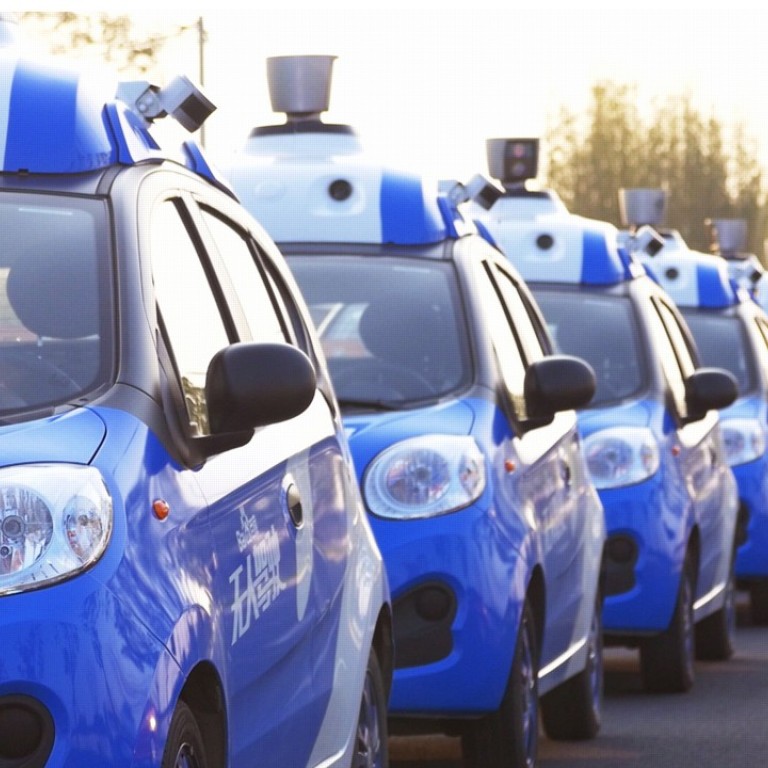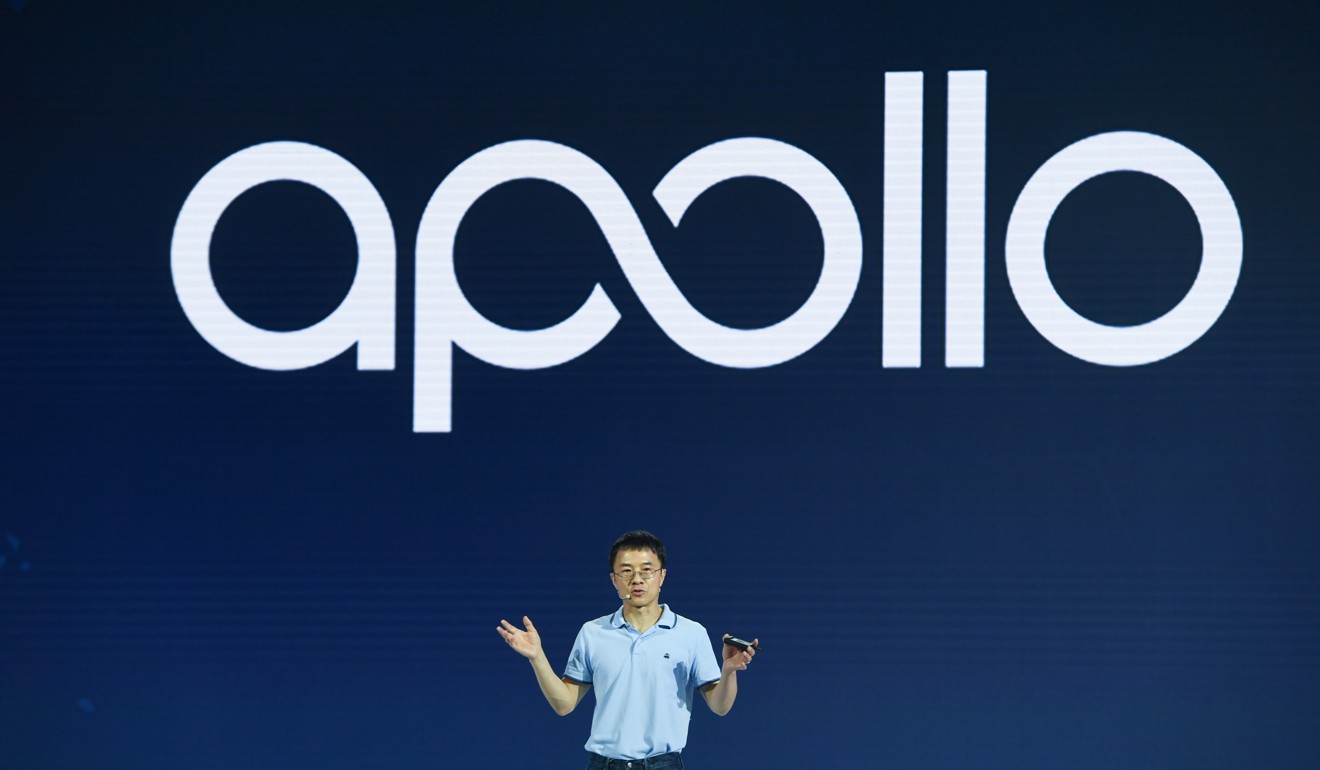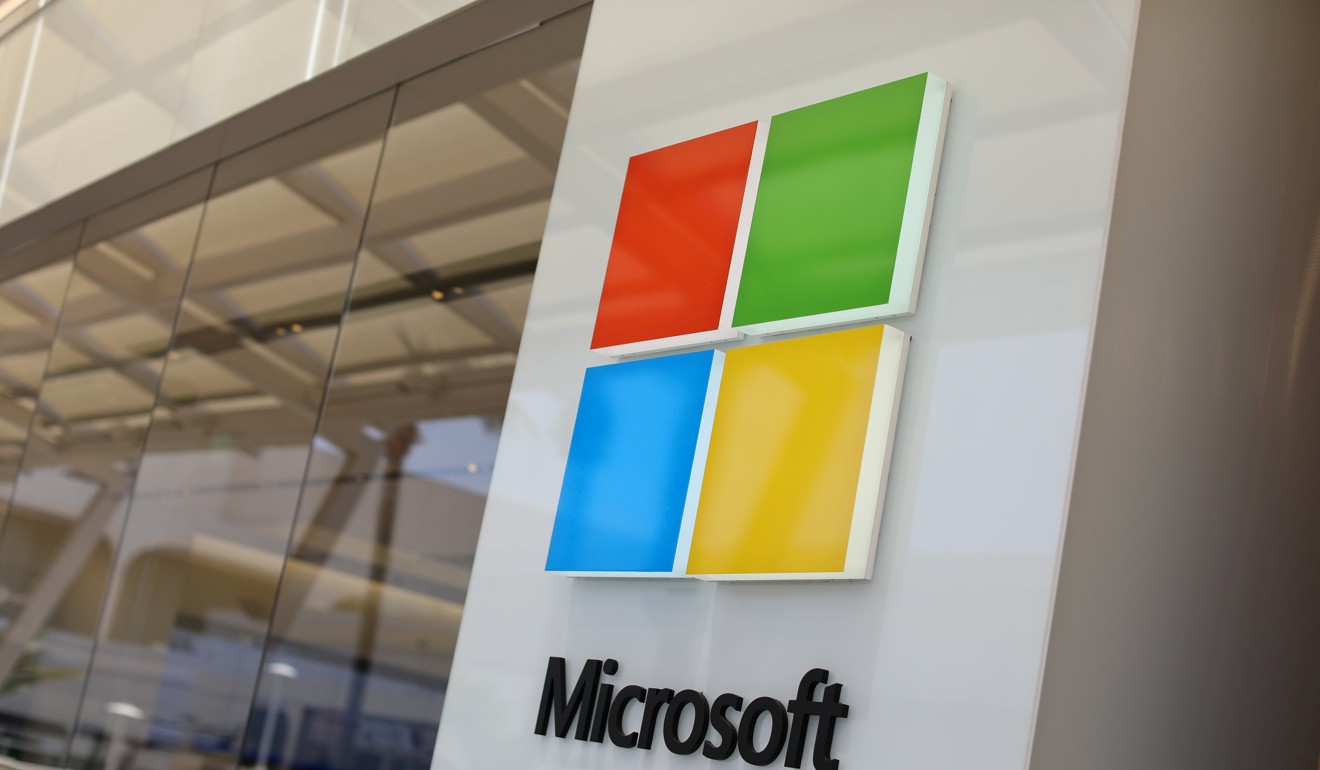
Microsoft, Baidu to collaborate on autonomous driving
The collaboration will form part of Baidu’s Project Apollo open autonomous driving platform unveiled in April
Software giant Microsoft Corp and Chinese online search titan Baidu are teaming up to advance technical development and adoption of autonomous driving worldwide, the two companies said on Tuesday.
Their collaboration will form part of the initiatives under Baidu’s Project Apollo open autonomous driving platform, which the mainland internet company first unveiled in April.
“Our goal with Apollo is to provide an open and powerful platform to the automotive industry to further the goal of autonomous vehicles,” said Baidu president Zhang Yaqin.
Microsoft’s Azure cloud-computing service, which is used by enterprises to build, test, deploy and manage applications, will be key to advancing the goals of Baidu’s Apollo initiative.
“By using Azure, our partners outside of China will have access to a trustworthy and secure public cloud, enabling them to focus on innovating instead of building their own cloud-based infrastructure,” Zhang said.

Earlier this month, Baidu said more than 50 companies, including 13 Chinese car makers and two western automotive giants – Ford and Daimler – as well as suppliers, component providers and ride-sharing operators, such as China’s UCAR and Singapore-based Grab, have joined its Apollo alliance.
Microsoft has already been working with leaders in the automotive industry to help manufacturers ingest huge volumes of sensor and usage data from connected vehicles and apply that data to deliver actionable intelligence.
Companies like BMW, Ford, Renault-Nissan, Toyota and Volvo are all using or have announced plans to adopt Microsoft’s intelligent cloud technology to help with services like driver assist, predictive maintenance and voice-controlled media.
As part of their partnership, Nasdaq-listed Baidu and Microsoft plan to explore opportunities to deliver connected vehicle solutions and unique customer experiences that aim to digitally transform the autonomous driving industry.
“Today’s vehicles already have an impressive level of sophistication when it comes to their ability to capture data,” said Kevin Dallas, a corporate vice-president at Microsoft.
“By applying our global cloud artificial intelligence, machine learning and deep neural network capabilities to that data, we can accelerate the work already being done to make autonomous vehicles safer.”

Up to 15 per cent of new cars sold in 2030 will be fully autonomous, according to global consultancy McKinsey.
That will help fuel the need for an ecosystem of partners to collaborate in support of a common goal like what Apollo aims to do.
Apollo is touted to provide a comprehensive, secure and reliable solution that supports all major features and functions of an autonomous vehicle.
The project, named after the historic lunar landing programme to illustrate its scale and complexity, consists of cloud services, an open software stack, and reference hardware and vehicle platforms. Other major partners that have joined the Apollo alliance include global navigation and mapping service provider TomTom and tier-one automotive parts suppliers Bosch and Continental.
At the Beijing-based company’s inaugural AI Developer Conference early this month, Baidu chief operating officer Lu Qi said the company is well positioned to help China “become the worldwide leader in autonomous driving in the coming three to five years”.
Lu also sai Baidu will set up subsidiaries in the United States and Singapore to further expand Apollo’s development.

